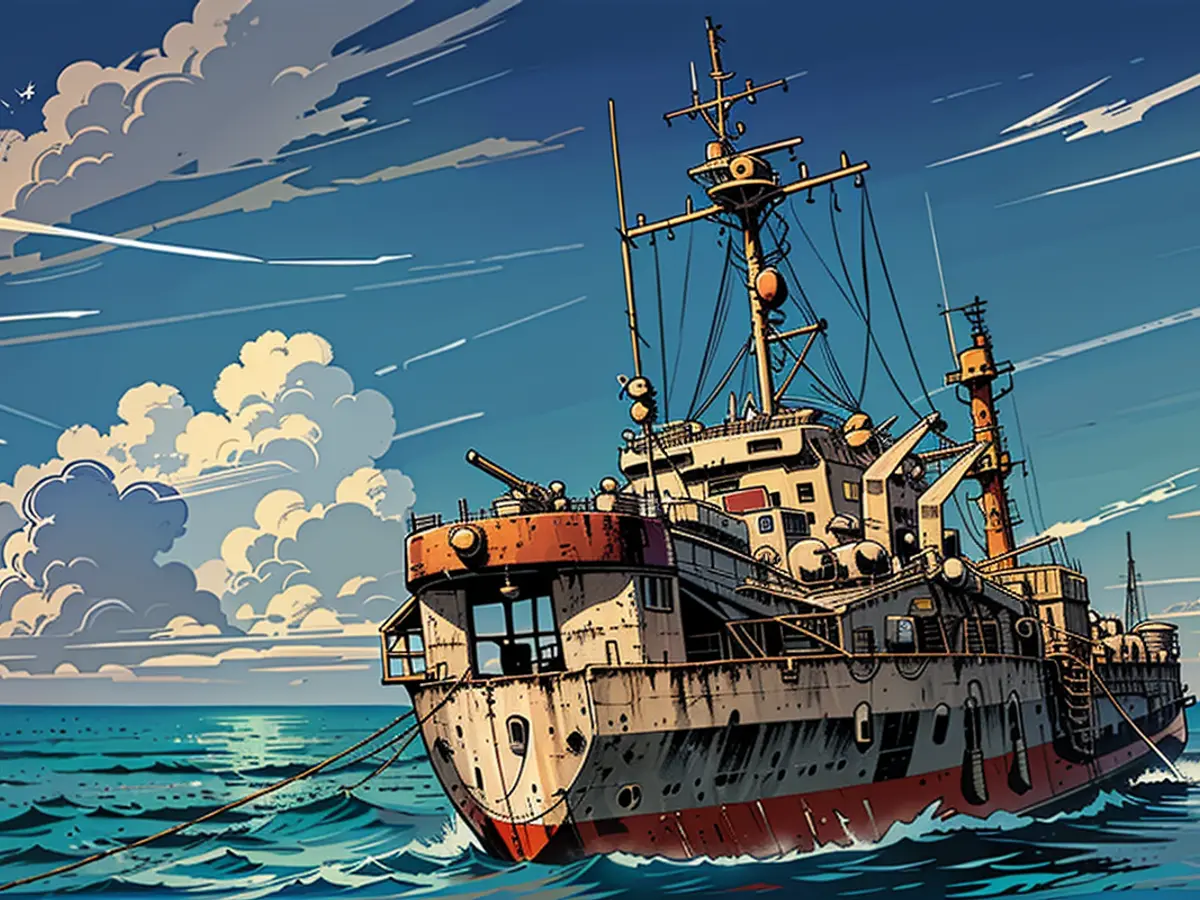The Philippines and China ease reef dispute
No region of the South China Sea is as contested as the Chinese one. Several countries lay claim to the waters and in one area, there are constant smaller skirmishes between China and the Philippines. But it seems that the conflict parties have found a solution.
The Philippines and China have agreed on an accord to avoid clashes in the area of the sea contested by both countries. The agreement was reportedly reached after a series of secret meetings between Filipino and Chinese diplomats in Manila, according to two Filipino government officials. The talks aimed to establish an acceptable regulation at the Second Thomas Shoal, a shallow area controlled by the Philippines.
The Foreign Ministry in Manila declared that both sides recognized the need to de-escalate the situation in the South China Sea and resolve differences through dialogue and consultations. They agreed, "that the agreement will not affect the positions of either side in the South China Sea."
China claims almost the entire South China Sea for itself and has already established two administrative districts for reef and island groups. The Philippines, Vietnam, Malaysia, Taiwan, and Brunei reject these claims and refer to a 2016 UN-Arbitral Tribunal ruling. China does not recognize the ruling.
After Skirmishes with Injured
At Second Thomas Shoal, the Chinese Coast Guard and other forces employed strong water cannons and dangerous blockade maneuvers to prevent the Philippines from supplying their outpost on the reef with food and other supplies using the grounded warship "Sierra Madre," which was anchored there years ago.
During a skirmish in June, several Filipinos were injured. Both sides then came together for talks, according to one of the sources, which intensified in the past few days. However, two Chinese demands proved to be stumbling blocks. China wanted to allow the supply of food, water, and basic necessities, but the Philippines had to promise not to bring any material to reinforce the rusting "Sierra Madre" to the shoal. Additionally, they had to register and submit their transports for inspection by China beforehand. Neither point was included in the agreement.
The United States and its major allies, including Japan and Australia, have condemned China's actions at the shoal and called for upholding rule of law and freedom of navigation in the South China Sea, a crucial trading route with rich fishing grounds and undersea gas reserves.
The agreement between the Philippines and China aims to address tensions in the contested area of the South China Sea, particularly at the Second Thomas Shoal. Despite China's demands for inspections and restrictions on supply deliveries, the agreement does not include these conditions.
The long-standing dispute over the South China Sea involves not only the Philippines but also several other countries, including Vietnam, Malaysia, Taiwan, and Brunei, who reject China's claims and cite a 2016 UN-Arbitral Tribunal ruling, which China does not recognize.








